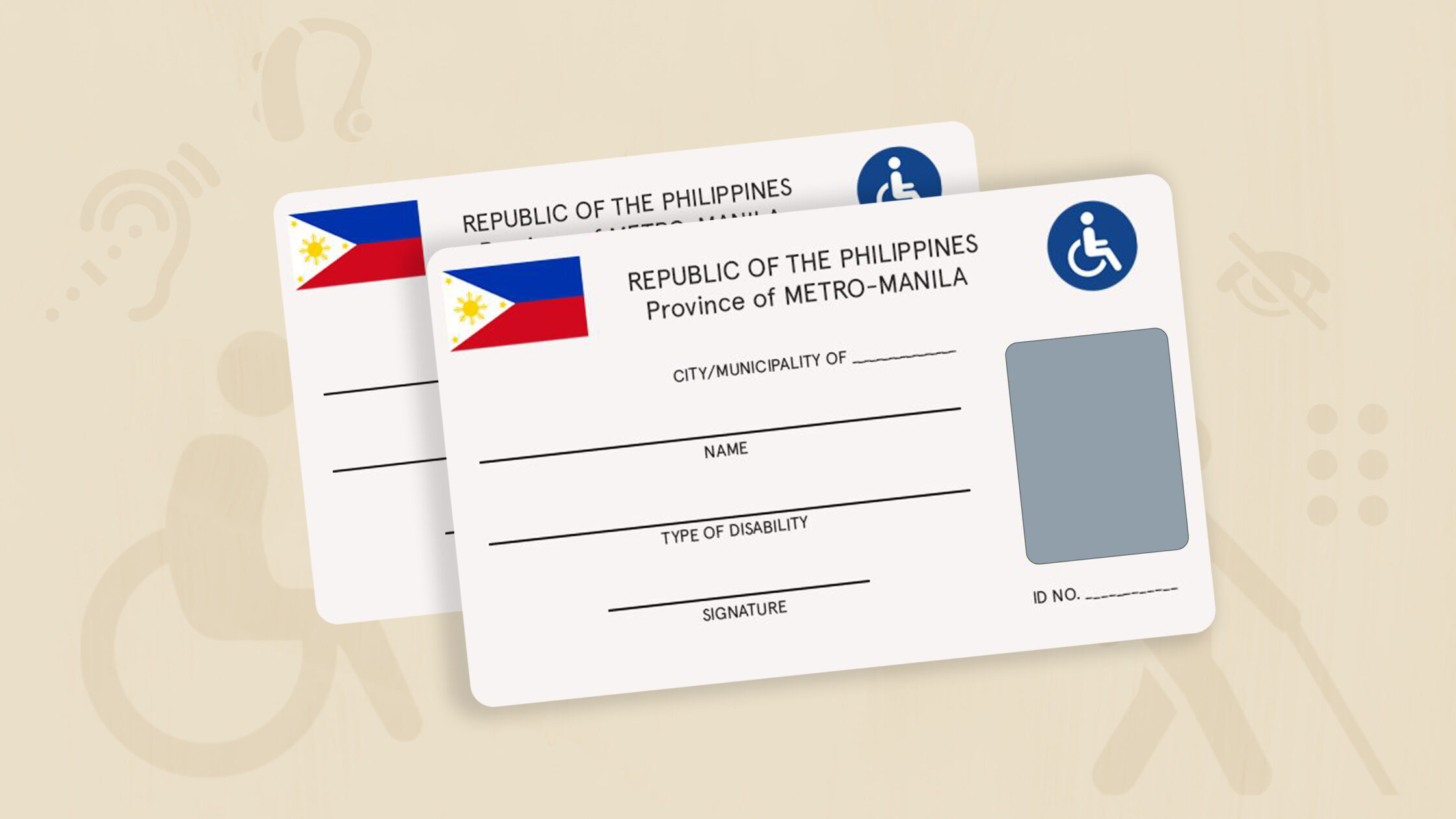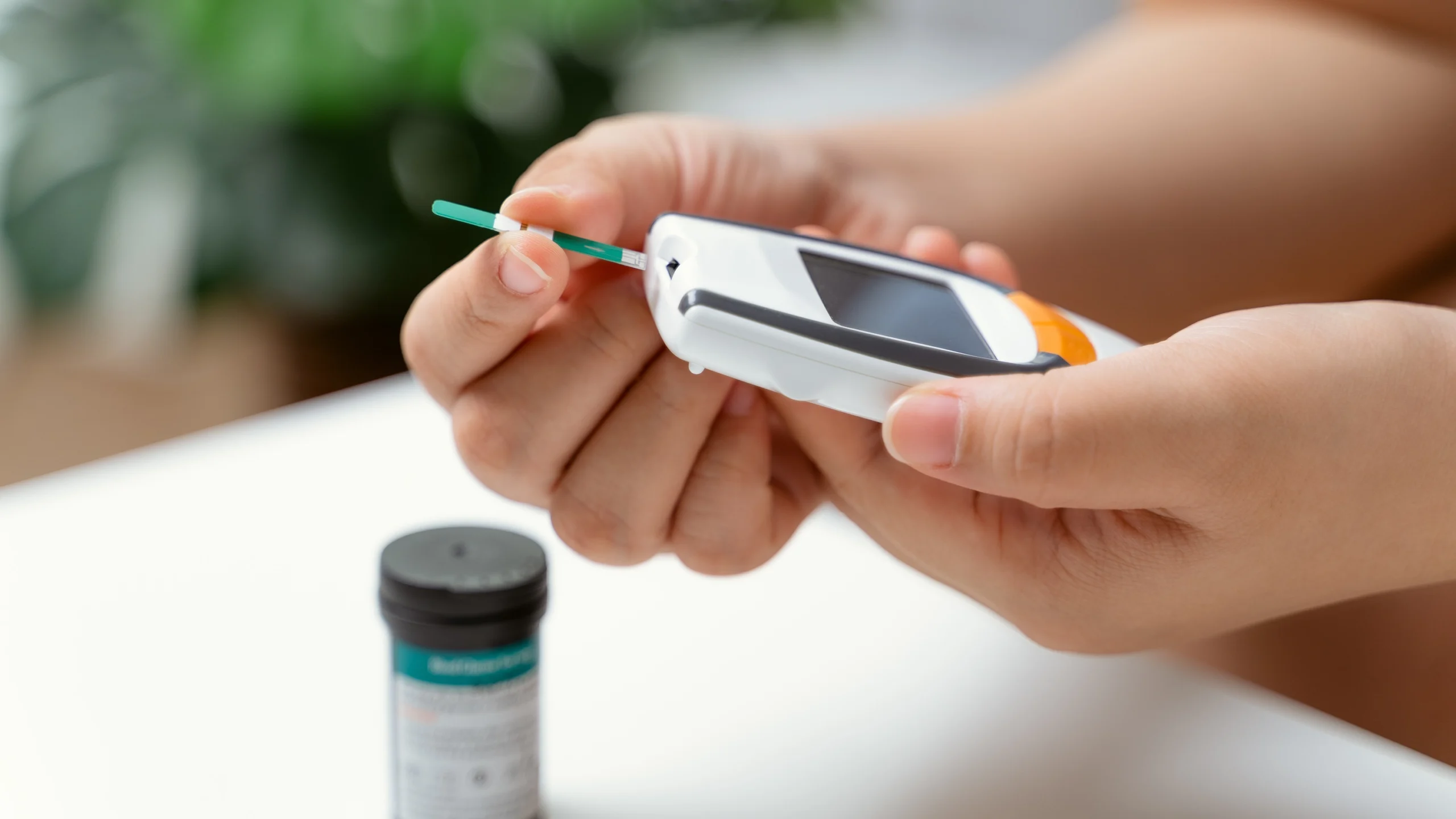Here’s What We Know About the PWD ID!
According to the Republic Act 10754 (2), any of us who have any permanent disabilities — physical and/or mental — can apply for a PWD ID.
Managing chronic disabilities is emotionally and financially taxing on families. From obtaining the medicines and having frequent visits to the doctor, it can feel like a battle we’re fighting alone. However, the Philippines does have government-mandated benefits for those who have disabilities. Under Republic Act 10754, persons with disabilities (otherwise known as PWD) can receive specific benefits so long as there’s documentation to prove it. Just like Senior Citizens, PWDs can also apply for an ID that proves that they have a permanent disability that prevents them from enjoying life like a regular person. As a valid government document, the PWD ID doesn’t have an age range unlike the Senior Citizens ID, and is issued by the Department of Social Welfare and Development (DSWD).
These IDs offer a big helping hand to families and here’s what else we know about them:

How do we qualify for a PWD ID?
Applying for a PWD ID usually requires medical records that prove the existing disability. Oftentimes, patients would bring prescriptions or certificates from doctors along with some supporting medical documents (i.e. results of blood tests, full body check-ups, etc.) to prove their disability. The ID covers various disabilities including the following:
- Legal Blindness – According to the Persons of Disabilities Office of Affairs (PDAO) in Imus, Cavite, legally blind people cannot see objects that are at least 20 meters away. We often recognize these as eye grades wherein some people with grades 200 and higher can be considered legally blind. Their glasses usually have special corrective lenses with some people having an eye grade of 700 and higher.
- Deafness – If the person cannot hear at least 0.5, 1, 2, or 4 kilohertz in sound, he is considered deaf.
- Learning Disabilities – Dyslexia is a prime example of a learning disability as it disrupts a person’s ability to read. Autism and ADHD also fall under this category because schools are usually the ones that flag them down. Usually, a developmental pediatrician is the one who issues the diagnosis.
- Psychosocial Disabilities – Mental disorders have various manifestations. Some are more anxious than others, and there are also those who have severe and abnormal mood swings. The worst ones are psychotic disorders which need medicine to manage. A psychiatrist usually has a battery of tests to confirm if a person has psychosocial disabilities.
- Cancer – Because of the side effects of chemotherapy, cancer patients may suffer fatigue, vertigo, imbalances, and many other immune issues that interfere with their daily lives.
- Orthopedic Disabilities – Broken legs, hips, and even arms can temporarily classify people as “persons with disabilities” since they have limited use of their limbs.
- Heart Defects – Heart defects are terrifying because of how unpredictable they are. Congenital heart defects, arrhythmia, and even heart problems because of diabetes can become a cause of concern.
How do we apply for a PWD ID?
When applying for a PWD ID, make sure to bring the following documents:
- 2 formal photos (some LGUs will be specific if they need a 1×1, 2×2, or a passport-sized one)
- 1 valid government ID
- 1 Barangay Clearance (or Utility Bill) to prove Residency
- Medical certificate or assessment from a licensed physician or government hospital indicating your disability and how bad it is.
- Completed PWD ID application form which is available in places like the Office of the Mayor, Office of the Barangay Captain, National Council on Disability Affairs NCDA or its national counterpart, DSWD offices, and participating organizations affiliated with the DOH.
Although most government offices require you to fill it out yourself, we can also have someone do it in our stead. By providing them with a notarized Special Power of Attorney (SPA), our designated person can do the footwork for us. Just make sure to file everything neatly in an envelope or folder.
These IDs however aren’t lifetime unlike the UMID or the Senior Citizen ID. Currently, we need to renew them every 5 years.

How the ID helps families
Just like the Senior Citizen ID, the PWD ID Card entitles persons with disabilities to various benefits according to Republic Act No. 7277 and Republic Act No. 9442. Benefits include:
- 20% Discount and Value Added Tax (VAT) Exemption – Food, medicine, medical services, travel fares, and other services grant a 20% discount and are exempt from VAT. In total, that’s at least 32% in discounts for services and consumables.
- 5% Special Discount on Basic Necessities and Prime Commodities – Considering we’re already spending money on medicine, any additional discount will help. The 5% usually applies to our supermarket bill. But there’s a maximum on the total billing of PHP 1,300.00 per week and to make sure, some LGUs issue small notebooks to jot it down.
- Employment Assistance – Aware of how some companies may subconsciously discriminate, persons with disabilities can seek help from DSWD for extra skills training to upskill themselves. Usually, they apply for training courses from TESDA which most companies recognize.
- Educational Assistance – Tuition is not cheap and by filling out a form to the DSWD for assistance, students can receive financial aid to make sure they finish their schooling.
- Mandatory coverage from SSS/GSIS, National health insurance, and Pag-IBIG
Other benefits depend on where we’re staying. Some cities may be more PWD-friendly than most because their population has more PWD residents than others. Some examples include Makati and Quezon City — both offering free movie tickets for PWDs.
Why it’s important to have the ID
Disabilities are not always easy to spot and some would rather not mention it because they feel discriminated by it. But hiding it also prevents us from availing of certain benefits that can aid us in our battle against our diseases. While some of us can cope with it all our lives, others are not so lucky for mild effects. Our kids will find this a big help especially if we’re not around to pay for things. Most of all, if they need emergency medical care, their PWD ID will give the doctor a good idea on how to deal with them.
More about government-mandated IDs?
What You Need to Know About the Solo Parent ID and Its Benefits
Here’s What We Need to Know About the Senior Citizen ID
“No Vaccination, No Transpo”: How does this affect us?









